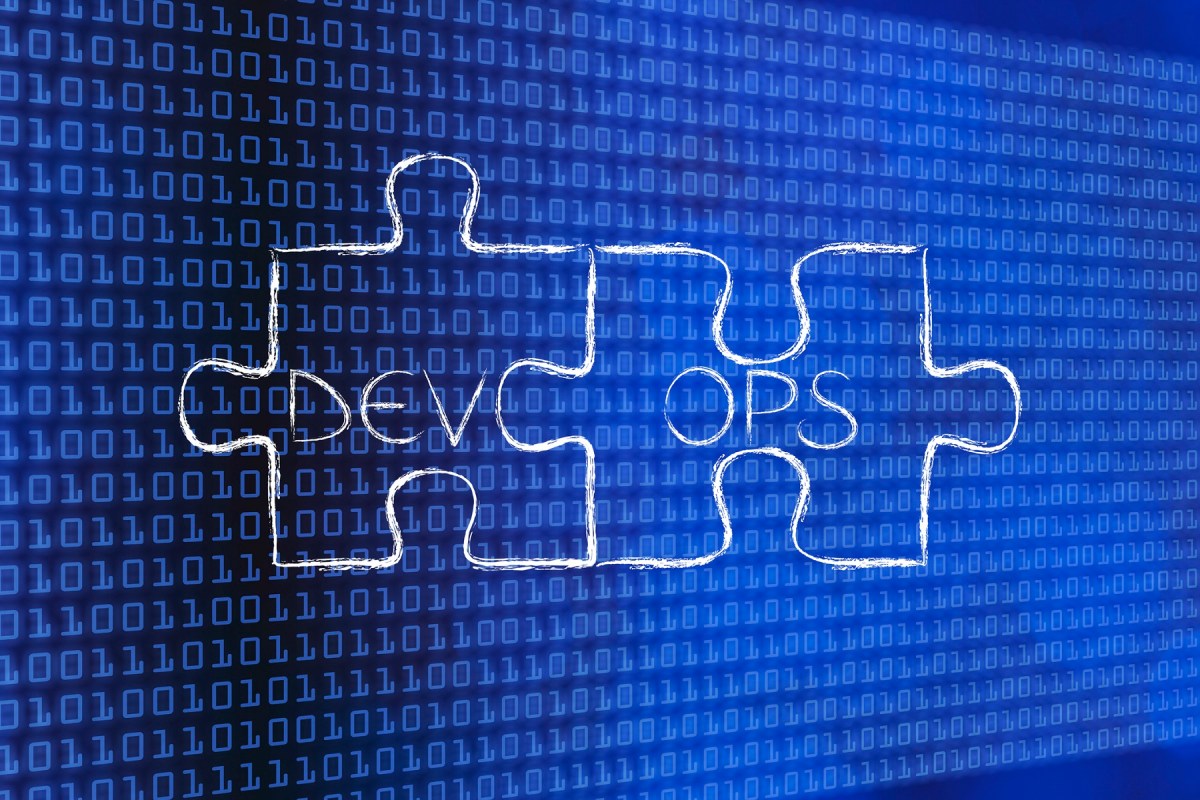Since the dawn of the World Wide Web, retailers have had to create a harmonious balance between their brick-and-mortar operations and their online sales channels. It wasn’t until the COVID-19 pandemic that shopping at physical stores was no longer an option for many around the world and the online presence of retailer’s had to take centre stage.
Having an established digital presence that entices customers to return but is also intuitive in the back-end, may be a tricky puzzle to solve, but DevOps tools such as Octopus Deploy are the solution.
Technology can inherit biases from their creators, and this is apparent across the board when it comes to software deployments. When a business needed to update their website, it was common practice for IT teams to work unreasonable hours to do deployments in order to avoid downtime during the day.
Also, it is not only online retail that is impacted. Physical stores presented their own unique challenges for automation with their reliance on point-of-sales (POS) systems for transactions. Updating the software on one POS terminal was simple enough, but it becomes exponentially more complicated when needing to update multiple terminals.
Teams would often use a manual deployment process that was dependent on a single person, which made it time consuming, prone to human error, and used out of date documentation. This introduced risk, which discouraged teams from deploying frequently and created a downward spiral where teams avoided deploying changes, resulting in changes building up with the larger volume of changes, increasing the likelihood of failed deployments.
This is no longer the case as DevOps automation platforms not only relieve IT teams from the pressure of being on call during stressful deployments, it also empowers the rest of the organisation to become part of the process.
As a DevOps platform, Octopus Deploy is the first release automation tool that improves team collaboration and communication by enabling developers, release managers, and operations folks to bring all deployment automation into a single place. It is also the only platform to explicitly model both Release Automation and Runbook Automation in one place, which creates consistency, meets compliance objectives, and tames complexity across thousands of projects.
For retail businesses, using DevOps to automate updates to their websites allow for packaging and deployment of releases without the pitfalls usually associated with doing these types of deployments. A customer is never going to notice an automated deployment, but will expect a seamless customer experience with minimal downtime. This will in turn convince customers to come back time and time again, creating improved brand loyalty.
DevOps automated deployments are the silent hero when it comes to improving brand loyalty and confidence for retailers. At Octopus Deploy, we’ve seen retail users do what was previously thought to be impossible when it comes to simplifying complex deployments. As an industry, although retail is still lagging in DevOps adoption, that will soon change. Retailers that want improved business productivity and for their customers to associate their brand with a high standard of customer experience, will need to include DevOps in their business in order to stand out from the crowd.
Derek Campbell is senior solutions architect at Octopus Deploy.

